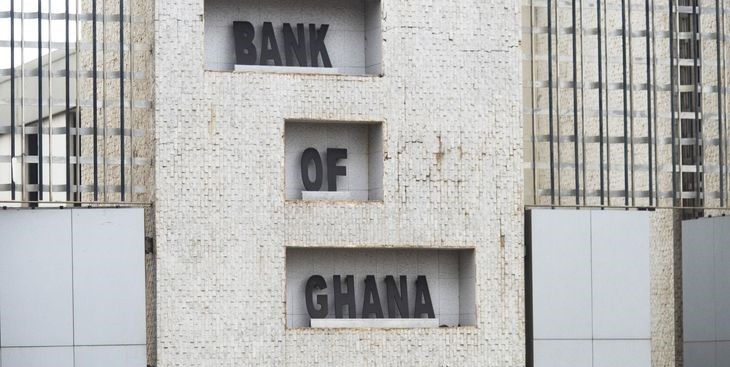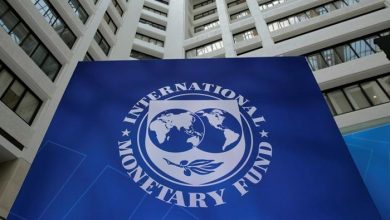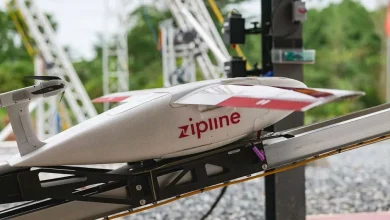Bank of Ghana cautions banks on money transfers abroad

The Chief Manager of the Banking Supervision Department at the Bank of Ghana (BoG), Mr. Philip Danso, has cautioned commercial banks against the transfer of funds abroad under the Technology Transfer Agreement (TTA) if the agreement was not registered in accordance with the GIPC Act 2013 (Act 865).
He said funds that were transferred under TTAs that were not registered would attract sanctions when evidence of such transactions became available to the Central Bank.
“Any TTA that is not registered is an illegality and will attract the appropriate sanctions because the criminal code explains a crime as any conduct that attracts a penalty of death, punishment or a fine and once the GIPC Act has provided for a fine for TTAs that are not registered, then it falls within the definition of a crime,” he said.
Mr. Danso gave the warning at the first quarter of the CEO’s Breakfast Meeting in Accra yesterday, where he delivered a presentation on the implications of transferring funds without a registered TTA. The meeting was organized by the Ghana Investment Promotion Centre (GIPC).
It was held on the theme: “Technology Transfer Agreements: Eligibility, Compliance & Liabilities.”
Technology Transfer
Under GIPC legislation, a TTA refers to an agreement between a company in Ghana (Transferee) and a company outside Ghana related or non-related (Transferor) for a duration of an initial 18 months to 10 years and was renewable for 18months to 5 years.
The agreement involves the assignment, sale, and licensing of all forms of industrial property such as patents, industrial designs, trademarks, or the provision of technical expertise by a foreign company to a locally based company.
It also involves the provision of managerial services and know-how such as information, data whether patentable or not including technical or commercial information relating to research, design, development manufacture, use or sale, and personnel training.
PEGAS RANA MOTTORS
Implications
In an interview with the Daily Graphic, Mr. Danso said transactions made under the TTAs that were not registered could become an avenue for money laundering.
Such transactions, he said, could also facilitate capital flight since it would not be captured in any registered agreement with the GIPC.
He said the BoG would not hesitate to sanction banks that encouraged such transactions and called for more punitive legislation against the phenomenon.
Technology Transfers
The Head of the Legal Division of the GIPC, Ms. Naa Lamle Orleans-Lindsay, said the GIPC was mandated under Act 865 to register, monitor, and keep records of all TTAs of enterprises operating in the country.
She explained that companies with TTAs covering all sectors of the economy, including companies with sector-specific regulators were to submit their TTA to the GIPC for scrutiny.
“This is applicable even to companies with sector-specific regulators such as banks which operate under the BoG, Telcos under the National Communications Authority (NCA), mines under the Minerals Commission, petroleum companies under the Petroleum Commission, and insurance companies under the National Insurance Authority (NIA),” she said.
Ms. Orleans-Lindsay explained that the legislation set out provisions that must be included and excluded from TTAs to serve as a guide for parties that entered such agreements.
For instance, she said, all services to be transferred into the country under a TTA must not be available in the country at the time of the agreement.
It also stipulates that the law governing the transaction will be the Ghana law, while taxes on royalties will be payable by the transferor.
Challenges
Touching on some of the challenges hindering the implementation of the Act, she said there was a general lack of compliance on the part of local companies while Parent or Group companies also felt reluctant to comply with the GIPC legislation.
Aside from the lack of compliance, she said there were also delays in the submission of TTAs partly because the renewal of TTA registration required approval from the GIPC and the sector regulators and this often caused the delay.
To help ensure compliance, Ms. Orleans-Lindsay underscored the need for stronger collaboration between the GIPC and other key stakeholders such as the BoG and the Ghana Revenue Authority in the registration and monitoring processes.









